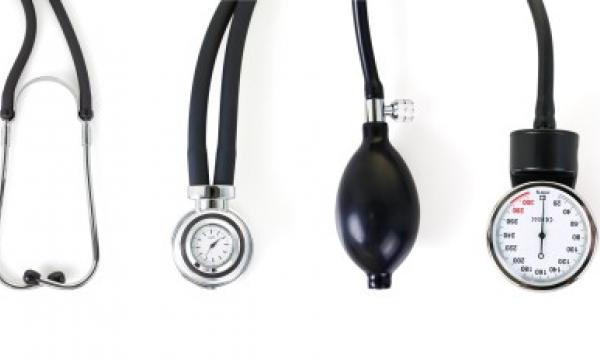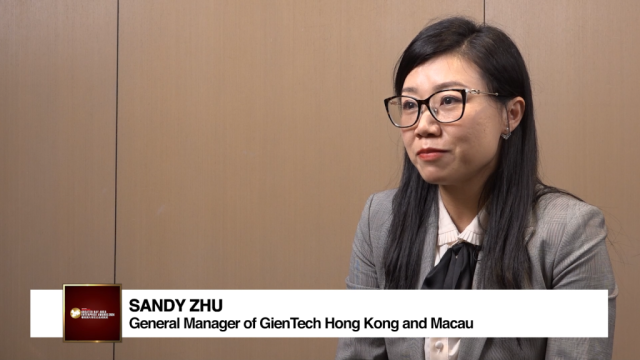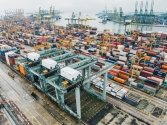
Drug expenditure in Hong Kong doubled to HKD4.3b
How will the 2016 budget affect this?
It has been noted that Hong Kong's FY2016/17 budget will largely be positive for the healthcare sector. Additional resources have been committed to develop the administrative region's medical infrastructure, while funding for healthcare programmes and the elderly continue to grow.
According to a research note from BMI Research, a key downside has been the reduction in funds channelled into the Hospital Authority, which is already struggling to meet the existing demand for medical services.
This will necessitate it to take a more conservative approach in its spending, to the detriment of drugmakers seeking to list high-value medicines on the country's formulary.
Here's more from BMI Research:
Hong Kong will continue to hold opportunities for pharmaceutical firms despite its relatively small aggregate market size. This hinges upon the strong government commitment to healthcare, which was accentuated in the FY2016/17 budget unveiled in March 2016, in which the Department of Health (DOH) received an 18% year-on-year (y-o-y) increase in budget allocations from HKD6.6bn (USD850mn) in FY2015/16 to HKD7.7bn (USD1bn).
While disease prevention programmes continue to receive the lion's share of resources (49% of the DOH's total budget), other areas such as curative care also saw their funding increase by a sizeable 13% y-o-y. According to the budget description, funds accorded to the curative care segment will be channelled towards providing services to patients with tuberculosis, respiratory conditions or HIV.
Hospital Authority Funding Raises Risks: While the budget is broadly positive, a key downside will be the limited allocation accorded to the Hospital Authority (HA). In FY2016/17, HKD50.7bn (USD6.5bn) has been allocated for the HA's operating account, down HKD12,000 (USD1,547) from the previous year.
While the reduction is marginal, this happens as the HA's existing resources remain inadequate to meet the public demand. This in part due to the HA serving 90% of Hong Kong's patients despite employing only 40% of the country's doctors - leaving it vulnerable to spikes in demand.
This came to the fore in March 8 2016, when a surge of influenza cases resulted in bed occupancy rates at HA hospitals averaging 115%, with the Queen Elizabeth Hospital having the highest rate at 130% during this period.
Beyond the implications for healthcare access, a limited budget will also constrain the HA's ability to reimburse high-value pharmaceuticals. According to the HA, drug expenditure has almost doubled from HKD2.2bn (USD283mn) in FY2005/6 to HKD4.3bn (USD554mn) by FY2014/15. Consequently, authorities will maintain their fiscally cautious approach to listing new medicines on the special administrative region's drug formulary.
Alexion Pharmaceutical's Soliris (eculizumab) is a key example of this, having yet to be listed on the formulary as of September 2015 despite first being registered in April 2012. Others such as AbbVie's Humira (adalimumab) and Janssen Pharmaceutical's Stelara (ustekinumab) are sold at HA pharmacies but remain self-funded for patients, save for those with financial difficulties for whom there are subsidies available.






















 Advertise
Advertise









